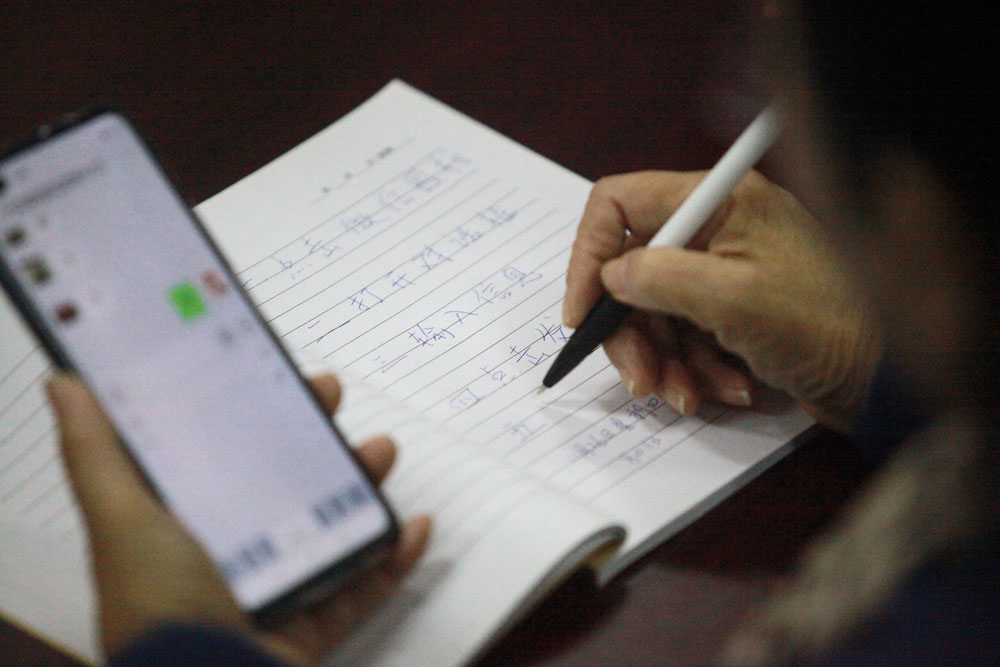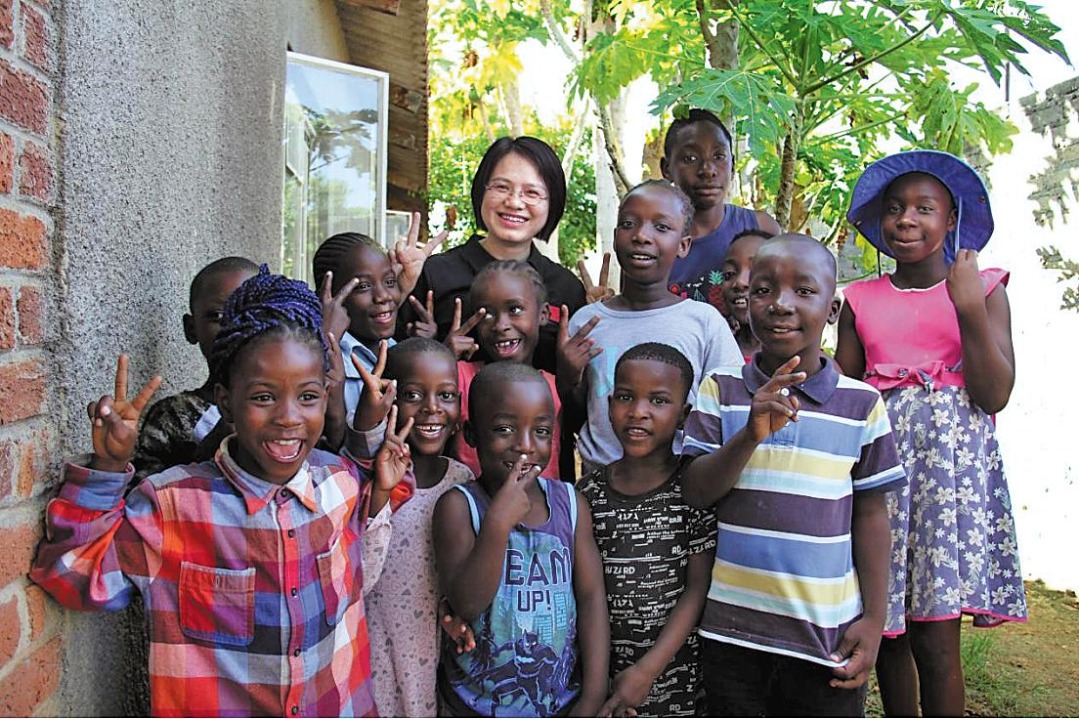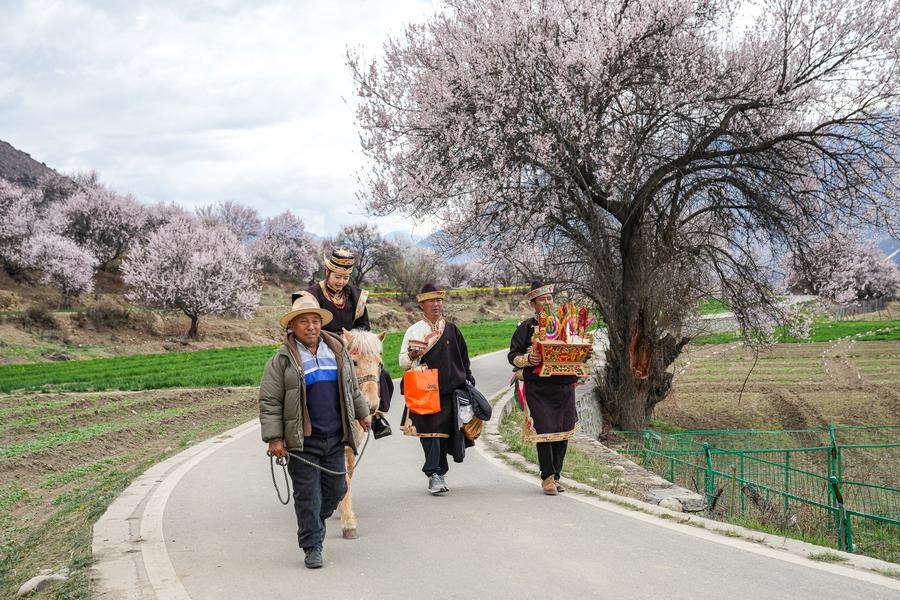Seniors bridge the digital divide


With social distancing encouraged in the fight against the pandemic, people are tending to stay home more, which has led to rising demand for online activities, such as shopping and communication.
Liu said, "There appeared to be an urgent need for older people to learn to keep up with the times by using smartphones to perform essential tasks such as making medical appointments or talking to their children through platforms such as WeChat."
Yang Ran, who works at the Sailande Social Work Office, said: "We not only offer help for older people in Shijingshan who want to learn about using smartphones, but also to those throughout Beijing. We've realized that this need is rising. It all depends on how willing seniors are to commit to learning."
Important to learn
Yang Ping, 65, a retired woman living in the Yingtaoyuan community in Xicheng district, Beijing, said, "I still prefer to get news from the newspaper and talk to my friends and family by phone, but it's important for older people to keep learning new things."
During Spring Festival, Yang received a new smartphone from her son as a gift. Using it to browse photos she took of her family during the holiday, she said she was still learning to use the device.
Li Qingling, a community worker in Yangzhou, Jiangsu province, said: "For young people, smartphones are an essential part of their lives. They are constantly checking their devices on buses, the subway, or in restaurants.
"However, old people can take a lot of time learning to use smartphones. Some of them even reject the devices, saying they are too complicated."
Li Qingling works with the Chunjiang community in the Wenhui Street Economic and Technological Development Zone in Yangzhou.
In December, the community launched free classes for people age 65 and older to learn to use smartphones. With about 10 volunteers from local universities as teachers, the classes are held twice a week. More than 30 seniors have joined the sessions each week.
"We decided to launch the classes because after the pandemic started early last year many older people came to us asking about smartphone use. Some of their children couldn't travel home to see them, so they needed to talk to them through video chat platforms," Li Qingling said.
The community has about 10,000 residents, 40 percent of whom are age 65 or older.
"Seniors' needs in daily life are complex and diverse. It will take a collective effort by the government, families and society to help them enjoy the convenience of a digitized world," Li Qingling said.



































